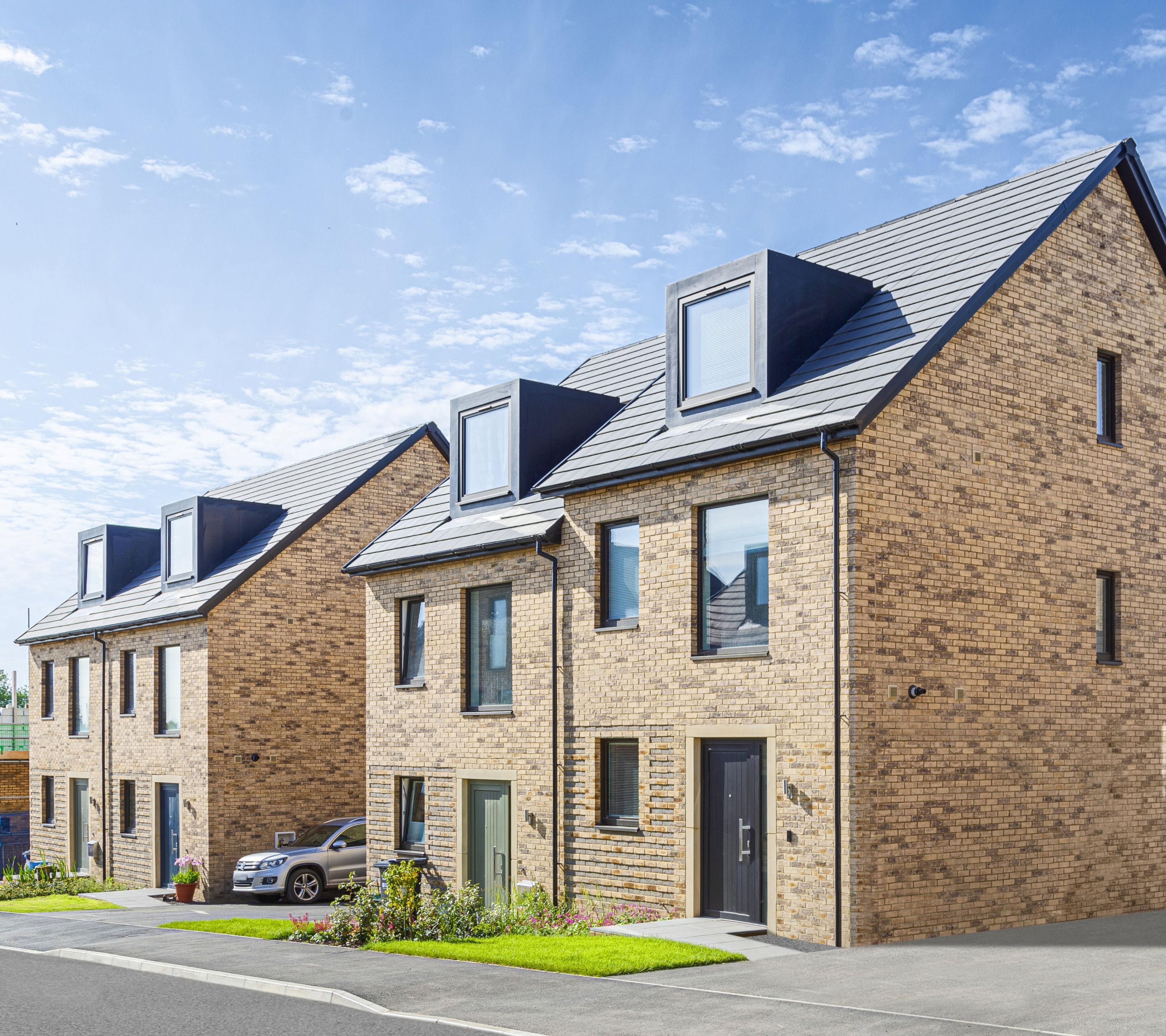A guide to property investment terms
Understanding industry jargon is a hurdle many of us face, and the property investment space is no different. To help you navigate the acronyms and confusing terminology, we’ve put together this glossary of property investment terms you’re likely to come across.

Understanding industry jargon is a hurdle many of us face, and the property investment space is no different. To help you navigate the acronyms and confusing terminology, we’ve put together this glossary of property investment terms you’re likely to come across.
Annual percentage rate (APR): this is the total amount of interest accrued on a debt over the course of a year, including any additional costs (such as admin fees). APR is either the rate paid by borrowers in receipt of credit or is an amount of interest paid to investors.
Annual return: the average amount your investment earns per year.
Assured rental yield: this is an assurance by property developers that you’ll receive a fixed return on your investment over a set period of time. Any shortfall in returns will usually be made up by the developer. It typically applies to new builds or properties bought off-plan. After the assured rental period is over, the developer’s obligation ceases.
Asset class: refers to a group of investments that are similar in profile or sector. For example, property, fixed-income investments, equities and gold are all asset classes.
Assured shorthold tenancy (AST): this is the most common type of tenancy agreement between landlords and tenants in the UK. ASTs can be for a fixed length of time (typically six or 12 months), or they can be on a rolling, weekly or monthly basis (known as periodic ASTs).
Below market value: a property price is lower than the average within its local market.
Buy-to-let: buying a property with the intention of renting it out.
Build-to-rent: properties that are designed for and aimed at the rental market. Communal facilities such as gyms, swimming pools or a concierge service are often an integral part of the design.
Capital Gains Tax (CGT): a tax you pay on any profit you make from the sale of property (or other assets). The amount you pay depends on a number of factors, for example, the tax bracket you’re in.
Capital growth: the increase in the market value of your property (or other assets) since acquisition. This is also known as capital appreciation.
Certified high net worth individual (HNWI): while there is no formal definition of a certified HNWI, you must earn at least £100,000 per year and have at least £250,000 worth of assets (excluding the home you live in).
Collective investment scheme (CIS): when a group of stakeholders invest in a project and share the profits or income that it generates. Generally, a CIS is managed on behalf of investors.
Comparative market analysis (CMA): the estimated market value of a property based on similar, recently sold properties in the local market.
Energy Performance Certificate (EPC): a certificate that shows a property’s energy efficiency rating. Ratings range from A (the most efficient) to G (the least). Landlords must ensure rentals are rated at least an E for all new tenancies and renewals.
Equity: the value of the part of a property that you own without the help of a loan. Your equity in any given property should increase as the value of the property also rises.
Fully-managed investment: an investment that is managed by someone else on your behalf, such as a property developer.
Financial Conduct Authority (FCA): the organisation that regulates the financial industry on behalf of consumers.
Gross development value: the proposed market value of a newly developed property if sold, in the current market.
Gross rate of return: the total amount of money you earn from an investment before anything is deducted (such as management and handling fees). The gross rate of return is quoted over a specific period of time, such as a month, quarter, or year.
Gross yield: this is your profit before any deductions are made (fees and admin costs) and is expressed as a percentage.
It is calculated as the annual return on a property investment (before taxes and expenses), divided by the current value of the investment.
For example, if you earn £1,000 rent per calendar month for a property that cost you £200,000, your yield would be 6%.
You can estimate the gross yield on a potential purchase by dividing the potential income by the purchase price.
House in Multiple Occupation (HMO): a property that is shared by more than one household. A household can be made up of a single person or a family (which includes married couples or couples living together, relatives and stepfamilies). In an HMO, tenants will share spaces such as a kitchen or bathroom.
Institutional investor: an organisation that invests on behalf of its members, for example, pension providers.
Income Tax: a tax on the money you earn, which includes rental income. However, if you’re a live-in landlord and receive less than the rent-a-room scheme threshold, you won’t pay income tax on your rental earnings.
Loan-to-value (LTV): used predominantly in mortgage agreements, this is the value of the loan compared to the value of the property. For example, if you want to buy a house valued at £200,000 but you need a £150,000 mortgage, the LTV is 75%.
Net profit: the amount of money you earn after all deductions have been made (such as management fees, loan repayments and other expenses).
Net yield: this is calculated as the annual return on a property investment (after taxes and expenses), divided by the current value of the investment.
For example, if you earn £1,000 rent per calendar month for a property that cost you £200,000, and you factor in annual costs of £3,000 your net yield would be 4.5%.
Off-plan: buying a property off-plan means buying it before it’s completed, usually on the basis of architects’ drawings or developers’ plans. Buying off-plan can sometimes allow you to decide interior design finishes.
Open market value: the amount of money a buyer might be willing to pay on a given date. The value is typically based on similar properties on the local market.
Reservation fee: a sum of money paid by a buyer in order to remove a property from the open market. This usually only applies to properties bought off-plan.
Reservation fees are often non-refundable but can be deducted from the final property price if the sale goes ahead.
Sophisticated Investor: to qualify as a sophisticated investor, at least one of the following must apply to you
- You are a business angel (or member of a syndicate of angels) and have been so for the last six months (prior to any given date).
- You have made more than one investment in an unlisted company in the two years prior to any given date.
- You work or have worked (in the two years prior to any given date) in a professional capacity in the private equity sector. Or, you have worked in a professional capacity in the provision of finance for small and medium enterprises (SMEs).
- You are currently the director of a company with an annual turnover of at least £1 million (or have been in the two years prior to any given date).
As well as being a certified sophisticated investor, an individual can self-certify as a sophisticated investor by signing a declaration to that effect.
Stamp Duty Land Tax (SDLT): A tax you must pay when you buy property or land in England or Northern Ireland. In Scotland, buyers pay a Land and Buildings Transaction Tax and in Wales, a Land Transaction Tax.
Contact Us
Fill out the form below and we will contact you soon.



